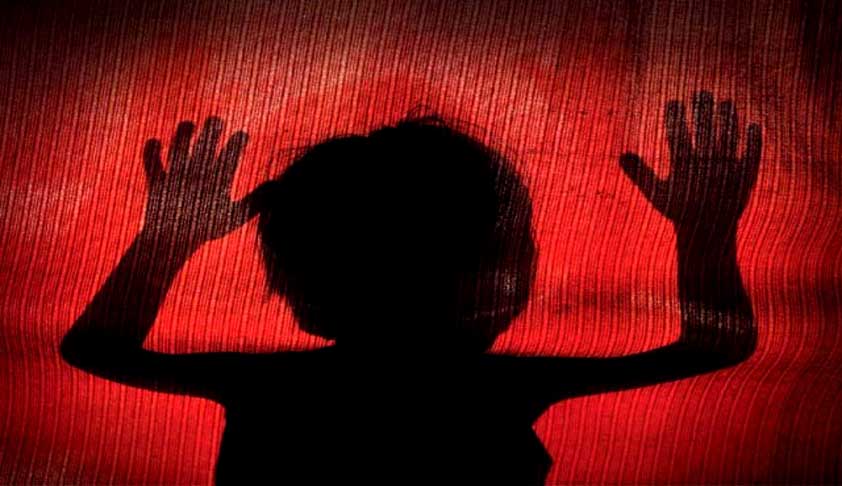Supreme Court Directs HC Registrars To Give The Details Of District Wise Pendency Of POCSO Cases
Mehal Jain
12 March 2018 1:20 PM IST

Next Story
12 March 2018 1:20 PM IST
The Supreme Court bench of Chief Justice Dipak Misra, Justice D. Y. Chandrachud and Justice A. M. Khanwilkar on Monday directed the Registrars General of all High Courts to give intimation to the registry of the apex court of the district wise pendency of the cases under the Protection of Children from Sexual Offences Act of 2012, along with the status.The bench was hearing a PIL instituted...
